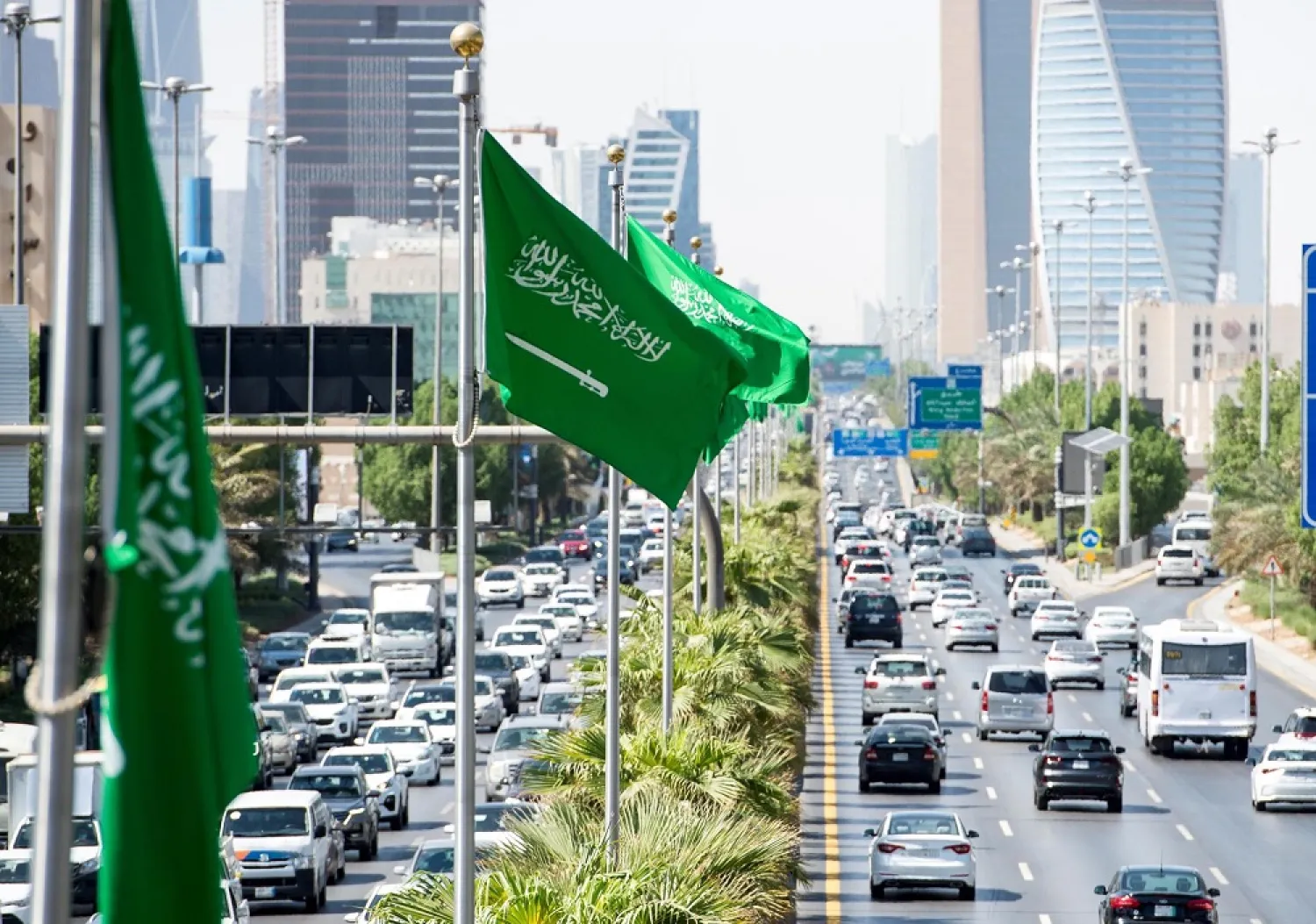Saudi Arabia condemned on Tuesday the Iran-backed Houthi militias for their continued attacks on civilian and economic locations in Yemen.
The Foreign Ministry slammed the Houthis for also targeting global energy and marine trade routes.
Such practices confirm the Houthis’ ongoing approach in increasing the suffering of the Yemeni people and their constant rejection of all international peace initiatives and efforts, it added.
The Ministry underscored the Kingdom’s complete solidarity with and support to Yemen
It reiterated its call to stop the ongoing supply of weapons to the Houthis in violation of United Nations resolutions.
It stressed Saudi Arabia’s firm support to the Yemeni people and the importance of providing the necessary support to the Presidential Leadership Council to achieve sustainable peace in Yemen.









